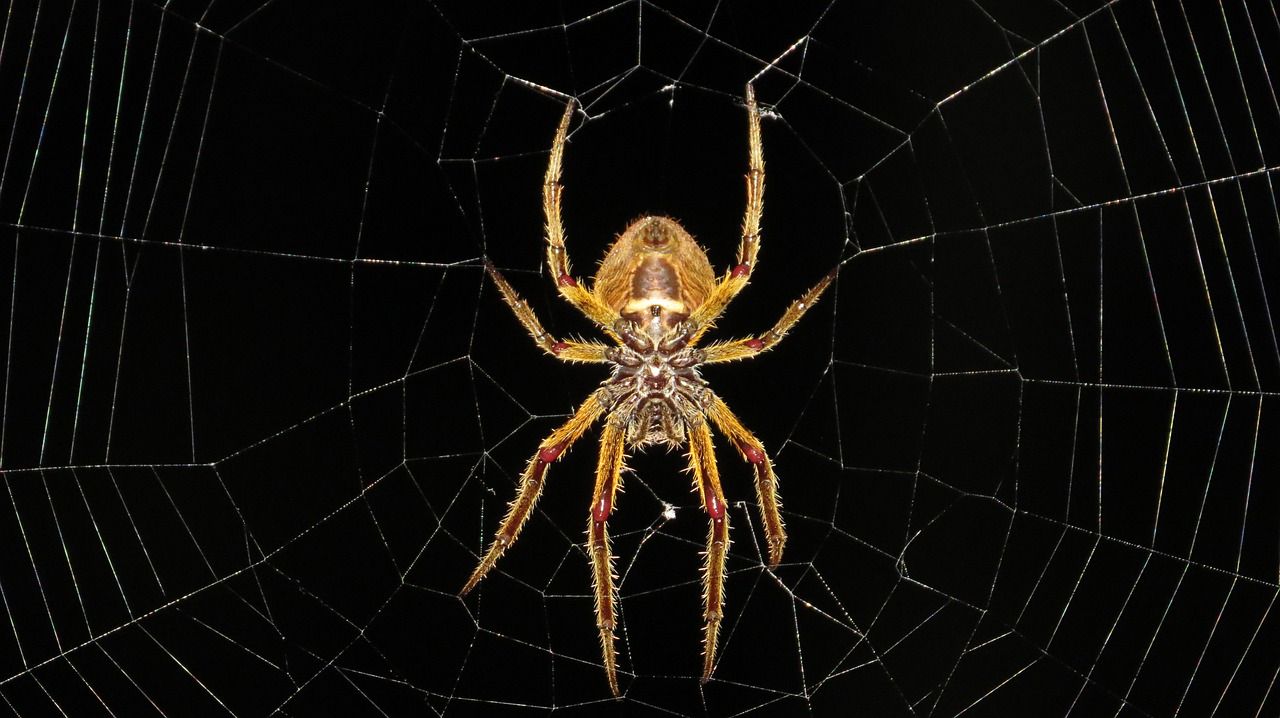The city is shaping spider brains
Follow us on Google News (click on ☆)
A recent study explores how light pollution alters the brain development of these nocturnal spiders. The results are surprising: spiders exposed to artificial light develop smaller brains, particularly in the areas dedicated to vision.

Illustrative image Pixabay
The lights of our cities create a form of pollution that affects not only birds and mammals but also invertebrates. Artificial light is constantly increasing, disrupting ecosystems and the species that inhabit them.
Garden spiders in Australia, which weave their webs under streetlights, are a striking example. Although these spiders catch more prey thanks to the light, their development is affected: they grow faster but with a smaller adult size and produce fewer offspring.
To understand this impact on the brain, researchers raised spiders under conditions of nocturnal artificial light. Their brains were compared to those of spiders raised in darkness. The results show a reduction in brain volume, primarily in the region related to vision.
This decrease in the spider's brain is comparable to that observed in some vertebrates exposed to the same type of pollution. This could be explained by an adjustment in brain resources, with spiders allocating their energy to other more essential functions.
If the spiders' brains shrink, this could affect their ability to survive and play their crucial role in the ecosystem, particularly the regulation of harmful insect populations. These findings raise questions about the long-term effects of nighttime lighting on biodiversity.
The study highlights an often overlooked aspect of light pollution: its impact on the brains of invertebrates. The implications for biodiversity are likely far broader than we imagine.
What is light pollution and why is it problematic?
Light pollution is the excess of artificial light in the nighttime environment. This phenomenon is primarily caused by outdoor lighting, such as streetlights, billboards, and building lights. It disrupts the natural cycles of light and darkness, which are essential for many organisms.
Light pollution has significant ecological consequences. It can disorient nocturnal animals, affect their reproduction, feeding, and even their survival. Additionally, it disrupts the circadian rhythms of both humans and animals, potentially leading to health issues and behavioral changes.
Finally, light pollution reduces the visibility of stars, depriving humans of the ability to observe the night sky. This phenomenon also impacts astronomical research by distorting observations made from Earth.